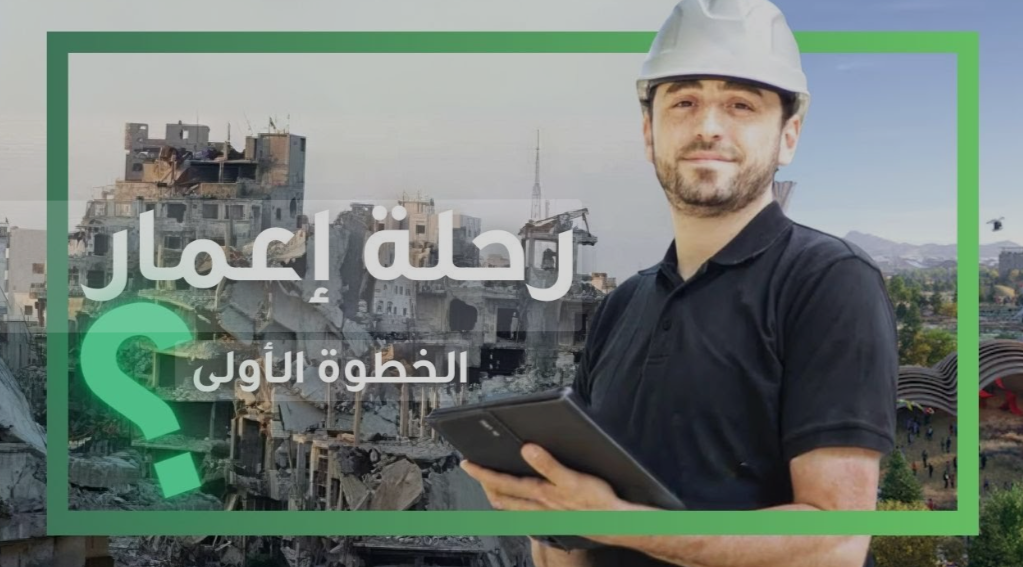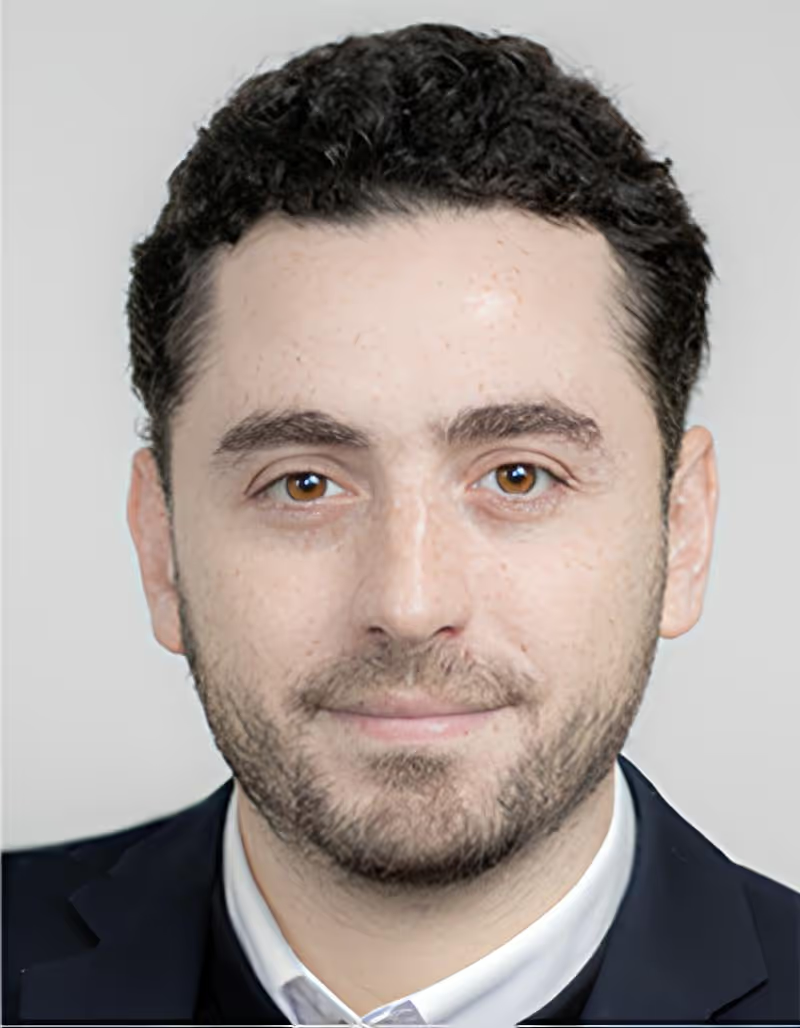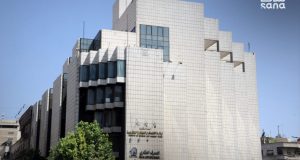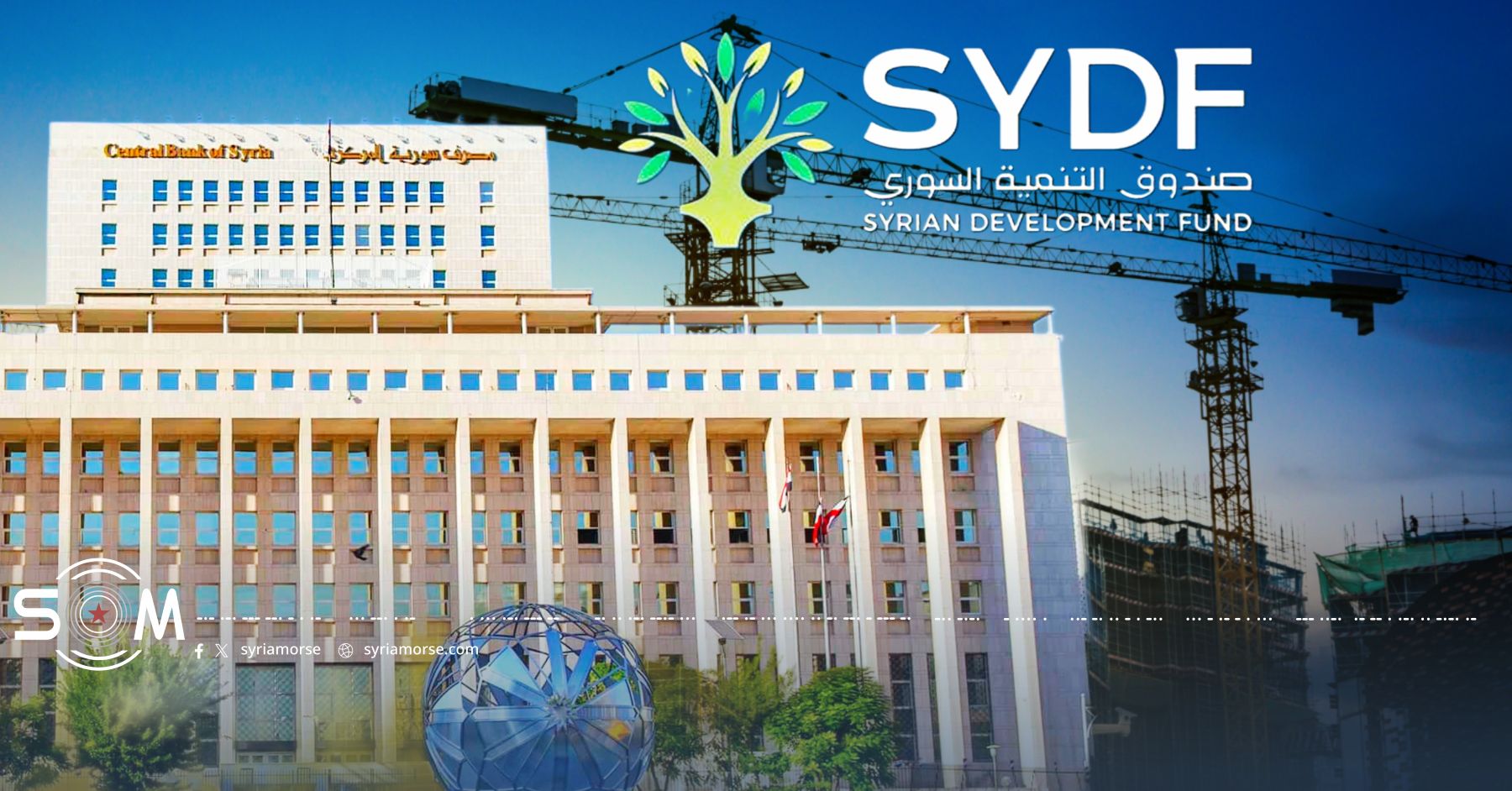The Reconstruction of Syria: A Journey that Begins by Building Trust, Not Walls

Architect Maher Daboul offers an in-depth vision for the reconstruction process in Syria, based on his academic experience in Germany, a country that transformed from being devastated after World War II to a global power. Daboul stresses that the success of reconstruction in Syria lies not just in rebuilding structures, but in a comprehensive process that requires lessons from past international experiences.
The Fundamental Difference: Reconstruction vs. Rebuilding
Daboul begins by clarifying the need to differentiate between two core concepts:
- Rebuilding (إعادة البناء): Simply repairing what was destroyed in terms of buildings and infrastructure.
- Reconstruction (إعادة الإعمار): A comprehensive process that goes beyond the physical structures to include rebuilding institutions, the economy, and social fabric and cohesion among individuals. This process requires the concerted efforts of the government, the private sector, the local community, international organizations, and individuals.
Four Historical Lessons for Successful Reconstruction
After analyzing successful and failed international experiences, Engineer Daboul extracts four key lessons Syria must learn:
- Prioritize Building Trust (The Rwanda Experience): Following the 1994 genocide, Rwanda realized that reconstruction had to begin by rebuilding the shattered trust and social fabric. The country succeeded by launching the community "Gacaca" courts for reconciliation and the "Umuganda" social work programs to foster a sense of belonging and shared responsibility. Lesson: Building trust and social cohesion is the first step.
- Involve the Local Community (The Haiti Experience): Despite the flow of international aid after the 2010 earthquake, many projects in Haiti failed because they lacked suitability for the local population's needs and culture. Lesson: The local community must be involved in every step to ensure projects are appropriate.
- Rely on Local Power (The Yemen Experience): Over-reliance on international companies after the 1982 earthquake led to major delays and increased costs. Conversely, community-led initiatives that relied on local materials and expertise achieved greater, more sustainable success. Lesson: Over-reliance on international firms causes delays; rely on local expertise.
- Concerted Efforts from Everyone (The Germany Experience): The comprehensive recovery of post-WWII Germany was only possible through the concerted efforts of everyone, with every individual actively participating in clearing rubble and recycling, which bolstered the spirit of sacrifice and belonging. Lesson: Reconstruction starts with everyone joining forces.
What’s Required from Every Syrian Citizen?
Engineer Daboul believes that reconstruction is a comprehensive process that begins with citizens realizing their fundamental role, and he calls on them to contribute in five ways:
- Contribute with Your Expertise and Knowledge: Share your knowledge and skills to benefit others, regardless of the source of that expertise.
- Contribute with Your Effort and Volunteering: Volunteer your time in scientific, service, or charitable initiatives, as every hour of your time makes a difference.
- Contribute Financially: Support development, community projects, and volunteer organizations.
- Contribute by Adhering to Laws: Be committed to regulations and laws, especially in the early stages when sufficient oversight may be lacking.
- Contribute by Spreading Hope: Be a source of inspiration for those around you, as spreading positivity and optimism is a significant contribution that makes a big difference.
Reasons for Optimism in the Syrian Experience
Daboul concludes by offering three reasons for optimism regarding the success of Syria's reconstruction journey:
- Syrian Resilience and Excellence: Syrians have demonstrated their ability to adapt and excel in various countries and cultures where they have settled, whether as outstanding students or creative professionals.
- Passion of Syrian Youth: Youth inside the country have shown a great passion for volunteering and community initiative under the most difficult circumstances.
- Acquired Experience: Syrians have gained vast experience in different fields and cultures through exposure to multiple civilizations, making them a fundamental pillar and an invaluable asset for comprehensive reconstruction.
Engineer Daboul affirms that Syria today stands before a historic opportunity that requires every thinking mind and every heart beating with hope, stressing that together, we can turn devastation into a renaissance and despair into hope.




